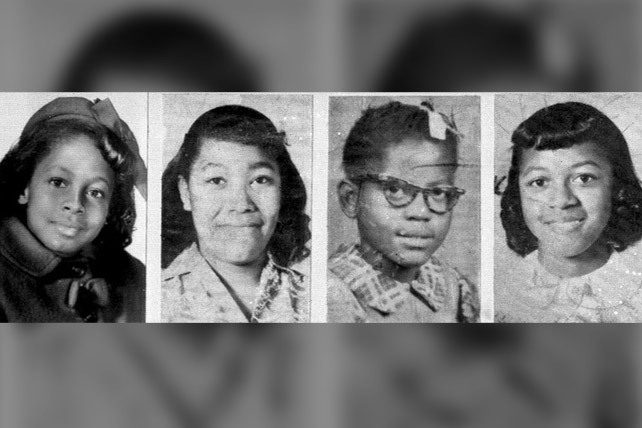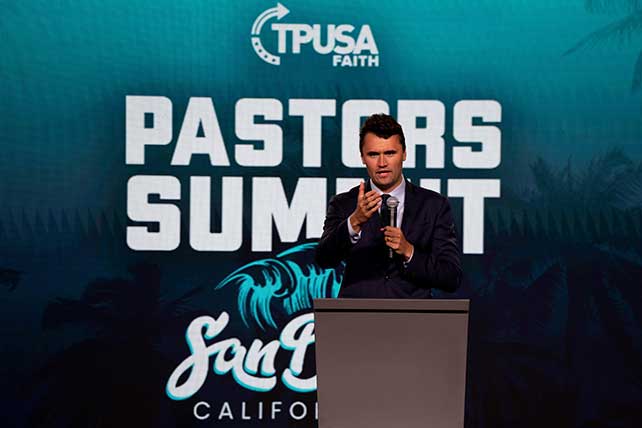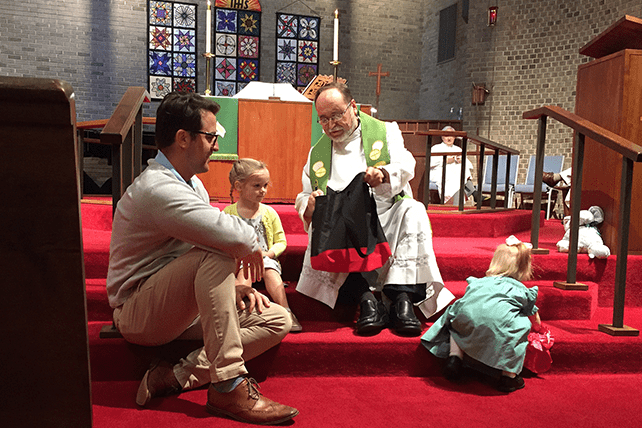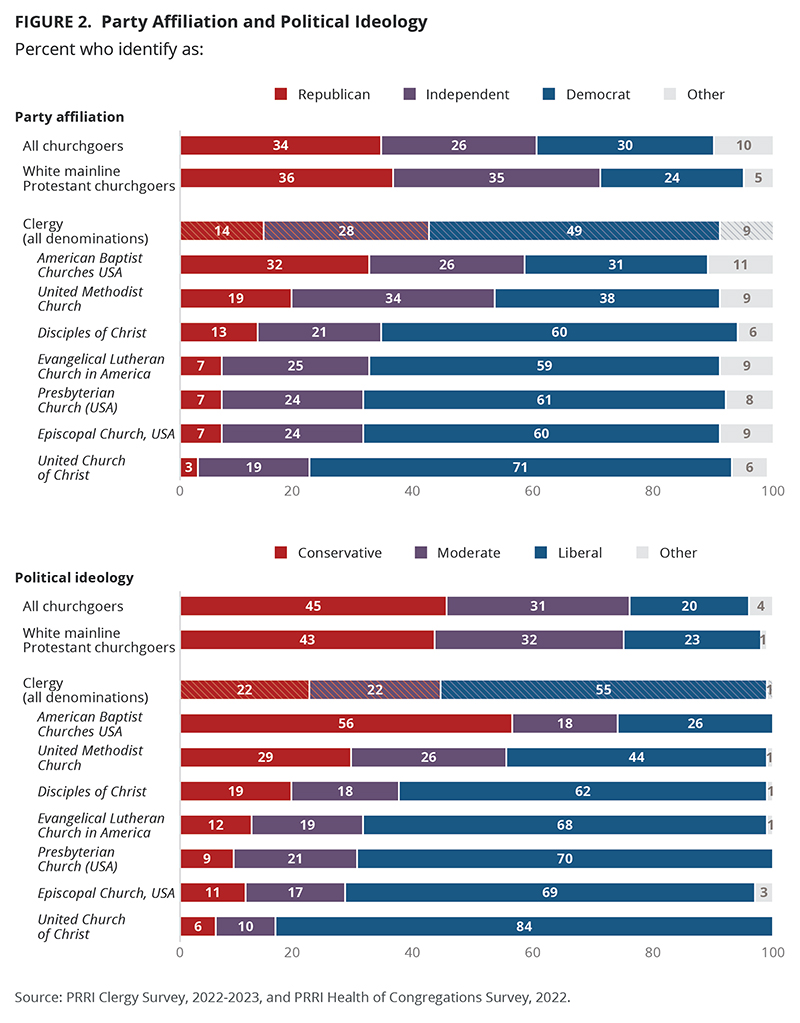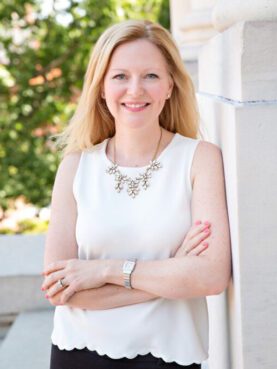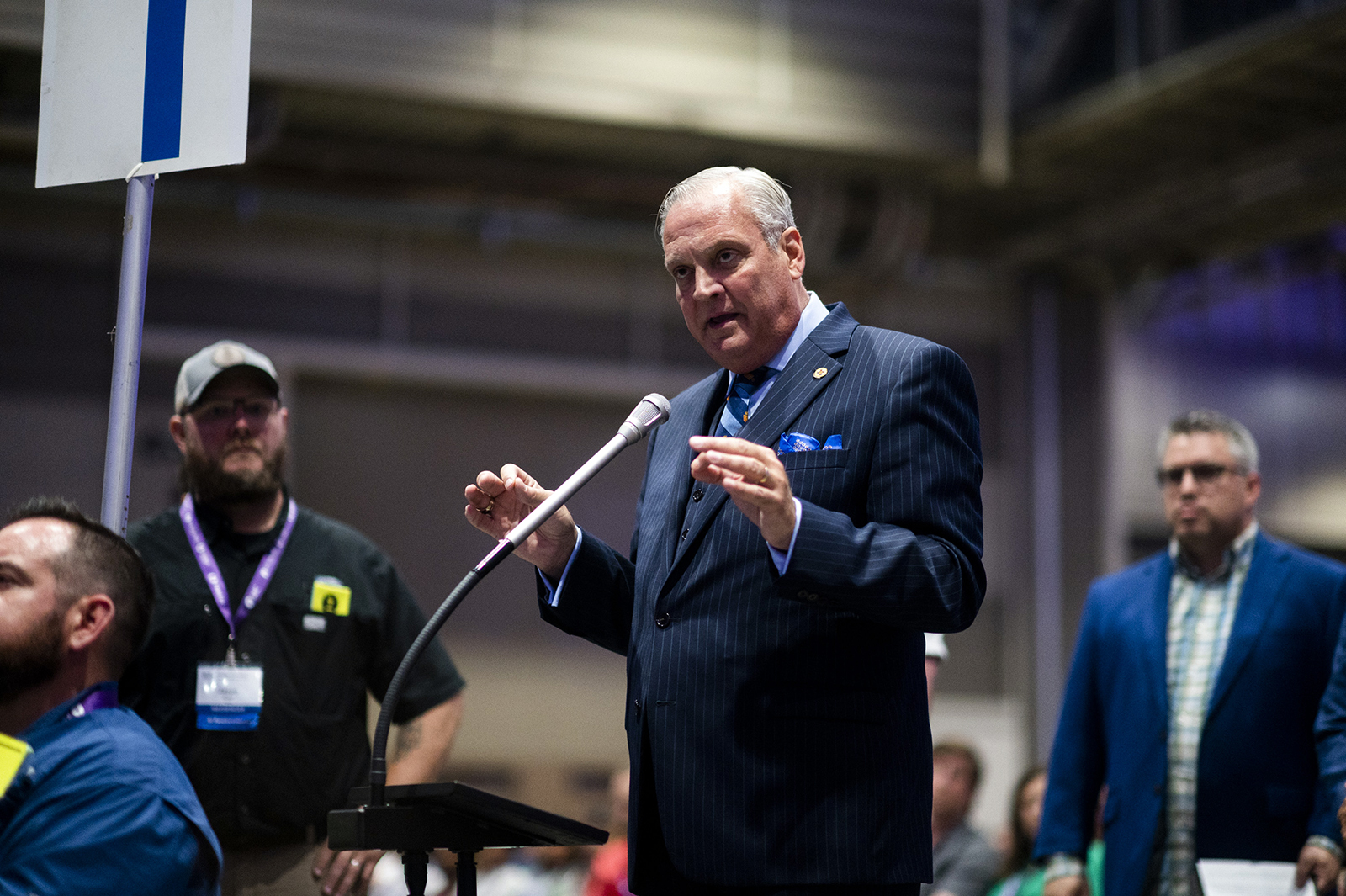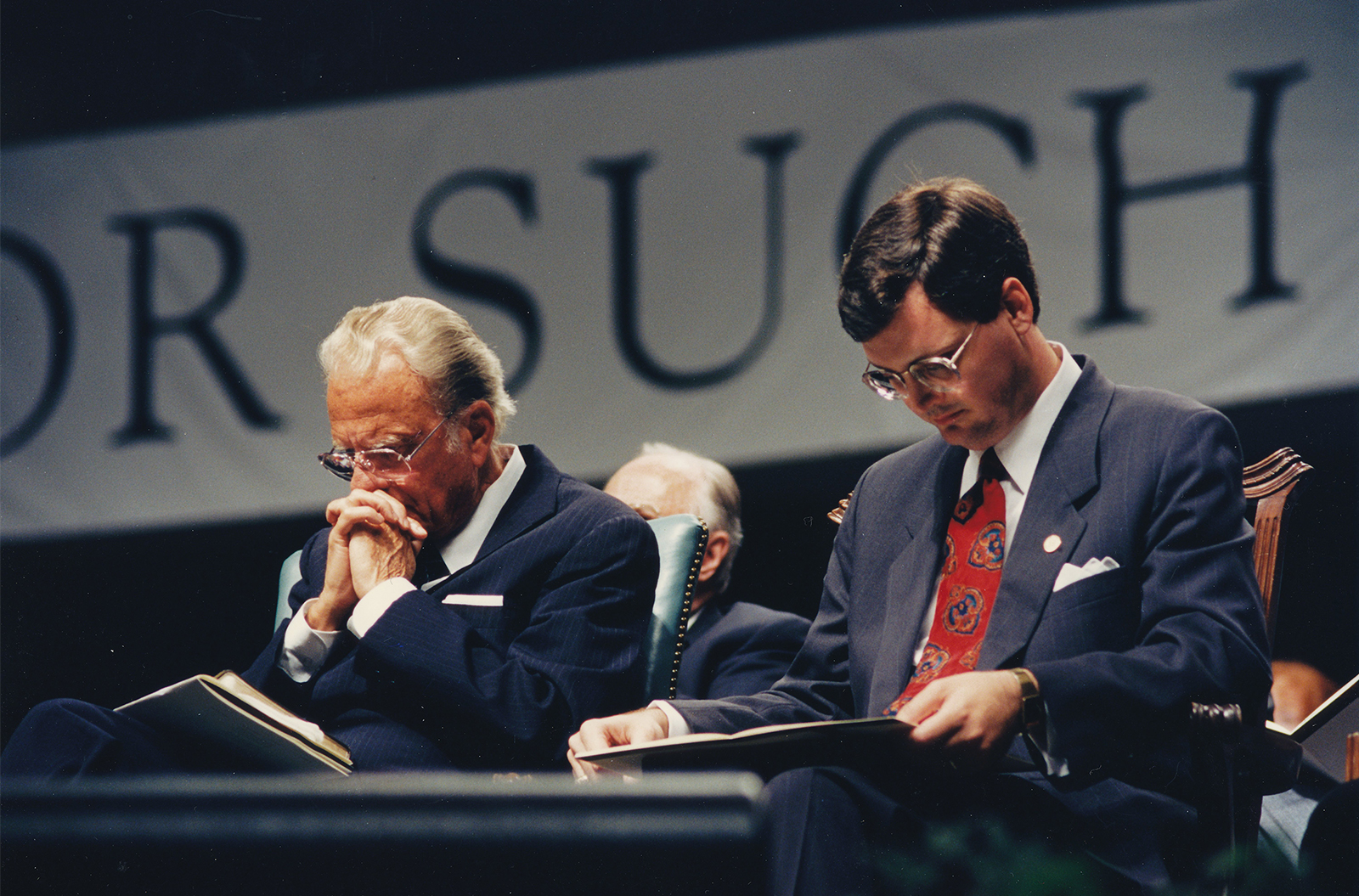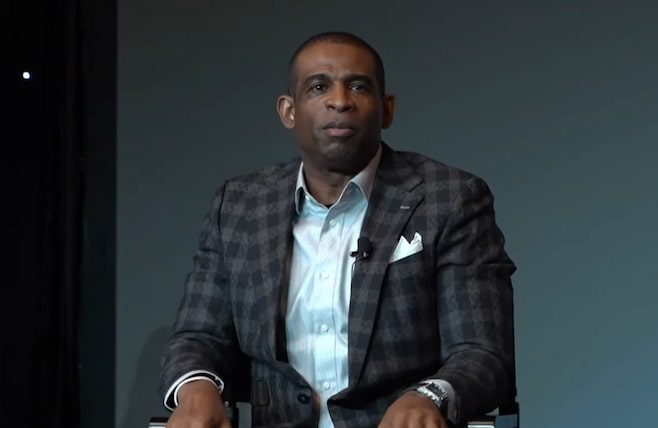The 20th Century will be likely be remembered as the Century of ecclesiastical ecumenism. The 21st Century is shaping up to follow suit–not simply because of a widespread desire for co-belligerency, but on account of a doctrinal reductionism that seeks to dilute Christianity down to the most basic creedal statements of the early church.
One of the driving forces behind the push for ecclesiastical ecumenically is the quest for societal community–as evidenced by the rise of Marxist and Communist ideology in Western society. Ironically, many of those seeking radical community also (perhaps unwittingly) embrace elements of the radical individualism of post-modernity. Champions of our current ecumenism view previous communal labors for doctrinal continuity as being either archaic or overly restrictive. While doctrinal statements such as the Westminster Confession of Faith and Catechism, were once considered ecumenical–among various ecclesiastical bodies in the Reformed and Protestant world–they are now frowned upon (sadly even by many ministers who vow to uphold their teachings in a number of Presbyterian denominations). All of this leads us to reopen the question as to whether or not denominations and doctrinal divisions are antithetical to the unity of the church throughout the world.
In 1985, J.I. Packer delivered a lecture at Tenth Presbyterian Church in Philadelphia titled, “Divisions in the Church,” in order to tackle the important issue of doctrinal and denominational unity and diversity. In this particular lecture (and in the subsequent related essay in The Collected Shorter Writings of J.I. Packer, vol. 2), Packer dealt with the following three categories: shameful divisions, inescapable divisions and dealing with divisions. Starting with the biblical call to unity among the one community of believers throughout the world, Packer noted, “Neither you nor I are the only pebble on God’s beach.” He then went on to affirm the unity that all believers have, regardless of the denomination in which they have bound themselves:
The church may be pictured like the wheel of a bicycle. Christ is the hub. You and I are spokes. Because we are linked with Christ we belong to the church and have something to give by way of stability and usefulness to the rim of the wheel, that is, the church’s outward witness, worship and life. United to the one Saviour we are united to each other in the one universal church. This church is the family of God. It is also the body of Christ. The New Testament speaks of ‘members,’ not of the church, but of Christ; “membership” is part of the notion of the church as Christ’s body. “Members” means “limbs,” not people who sit in pews and pay their dues but people vitally united to Christ–limbs, organs and units in his body. which is the visible church worldwide. The church is also the fellowship of the Holy Spirit. Believers share in the life of the Spirit, giving and taking in the fellowship which the Spirit sustains. “Give and take” is the constant formula of Christian fellowship.
Shameful Divisions
The Bible’s emphasis on the unity of all true believers–by virtue of their union with Christ and of the subsequent indwelling of the Spirit within each believer–is always at risk of being lost. In the New Testament, we find the Apostles laboring tirelessly to preserve the unity of the members of the body of Christ. Packer explained:
Paul was distressed to discover that at Corinth…there were people separating into parties according to which was the favorite preacher for each group: “I belong to Paul,” “I belong to Apollos,” “I belong to Cephas.” And evidently there were a few people who, in the face of this, tried to keep their end up as simple Christians saying, “I belong to Christ; I don’t know about you, but Christ is the one to whom I give loyalty.” It distressed Paul that there should be divisions in that congregation.
If we are going to study divisions in the church, we had better recognize that we are studying something pathological. We are studying a form of spiritual ill-health in Christ’s body. Our study is compared to a doctor studying blindness in the eye or paralysis in the limbs. Division in the church means that “something is wrong.” The body is out of sorts.
Inescapable Divisions
To this point, all true believers should be pronouncing a loud ‘Amen!’ However, a close consideration of Scripture’s teaching on the subject of divisions in the church reveals that there are what may be deemed necessary of inescapable divisions. Packer suggests that “not all division is the same sort of division. We can never think clearly about division in the church until we have recognized that this is so. Not all division is the same sort of division. Divisions take place for different reasons and the ethics of division are different in different situations.” He then gives five categories by which we may give consideration to such inescapable divisions: “(1) Divisions about beliefs and doctrine, (2) the faithful church withdrawing from the scandalous church, (3) a forthright church withdrawing from a fuzzy church, (4) divisions over church order, and (5) divisions for non-theological reasons.” A brief consideration of each of these categories is essential to understanding the biblical data on inescapable divisions:
Divisions about beliefs and doctrine. “In the New Testament,” insists Packer, “you have divisions whereby the authentic church differentiates itself from what is really the non-church, where previously the two were confused. This sort of division, which identifies the body rather than divides it, can clear the air in a helpful way. This is one of the things John wanted his readers to understand when he wrote his first letter. There had been a split in the fellowship, because some folk claimed to have received new understanding and eventually left the fellowship to pursue it. John writes to those who stayed behind to assure them that in staying with the apostolic preaching they were showing they were true believers and that the others were not Christians at all. It was a necessary sorting out. John says, ‘They went out from us but they did not really belong to us. For if they had belonged to us, they would have remained with us; but their going showed that some of them belonged to us.” (1 John 2:18,19)
The Faithful Church Withdrawing from the Scandalous Church. “The historical sixteenth century Reformation was one such case…It is ruinous to add anything to Christ as mediator. Salvation is through Christ alone. Any church which is taken in by any form of ‘Christ-plus’ teaching is scandalous and in deep spiritual trouble…When the Reformers opposed these errors, they found resistance at every point. So they had to withdraw to preserve the Gospel. Protestantism was thus born. It is sad that it happened. But it did have to happen, or the Gospel could never have been preserved for us. That is one kind of division that has sometimes been necessary.”






